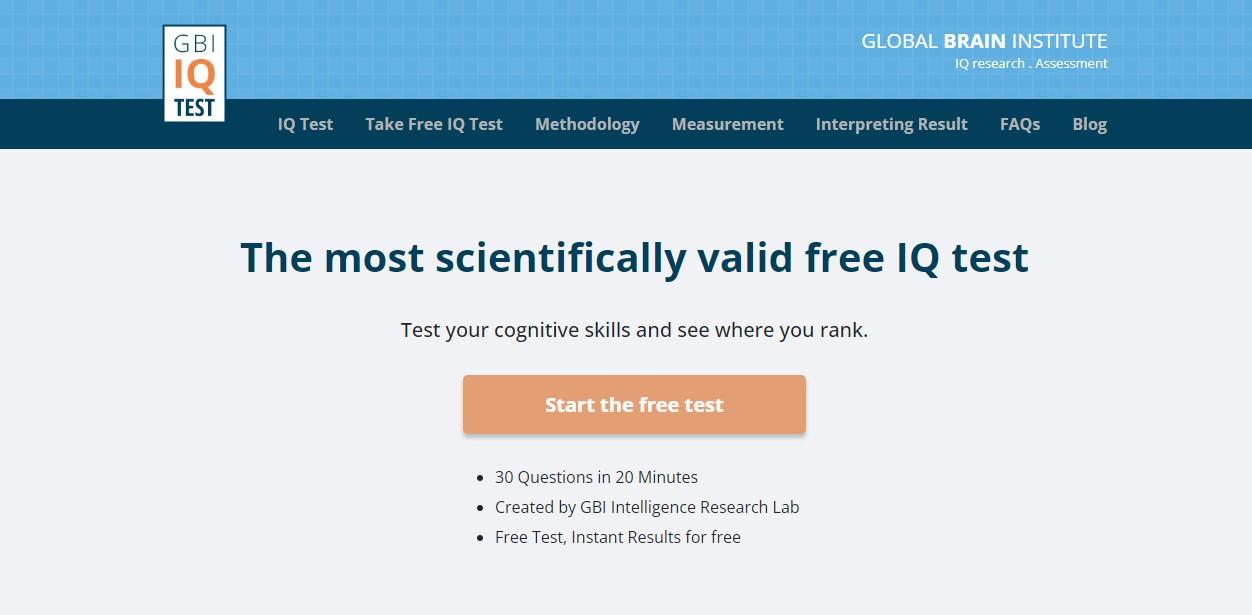In an era where the digital and the intellectual intertwine with increasing complexity, the administration and scoring of IQ test free emerge as a realm replete with both promise and predicament.
It is not merely an examination of the mechanics of online IQ tests but a deeper inquiry into what these digital tools signify about our collective quest for knowledge and the landscapes they reveal and obscure in the human mind.
Technology's Embrace of IQ Testing
As we step into the digital frontier of IQ testing, we encounter a world where algorithms replace paper and pencil, where the click of a mouse supplants the turn of a page. This technological evolution promises a democratization of access, allowing individuals from the most remote corners of the globe to engage in the pursuit of quantifying their cognitive capabilities. The immediacy and reach of online testing platforms herald an era where the barriers to understanding one's intellectual capacity are not bound by geography or material resources but are made available at the click of a button.
However, this digital emancipation brings with it a shadow of concern. The reliability of these online assessments, the integrity of their scoring algorithms, and the validity of their constructs are subjects of ongoing debate. Can a series of algorithms truly capture the depth and breadth of human intelligence? Does the reduction of cognitive abilities to digitally quantifiable metrics overlook the nuances and complexities that define our intellectual landscapes?
The Scoring of Online IQ Tests
At the heart of online IQ testing lies the enigmatic process of scoring. Technology promises an objective and unbiased assessment, free from human error and subjectivity. Yet, as we navigate this labyrinth, we confront the Minotaur of algorithmic bias, a creature birthed from the very data it seeks to analyze. The construction of scoring algorithms, informed by existing data, risks perpetuating historical biases and reinforcing existing disparities.
The challenge, then, is to harness technology not as a blunt instrument of assessment but as a nuanced tool capable of adapting to the multifaceted nature of human intelligence. It demands a continuous process of refinement and critique, where algorithms are regularly scrutinized for fairness, accuracy, and the ability to evolve in response to new understandings of cognitive diversity.
The Quest for Enlightenment: Reflecting on Technology's Role
As we reflect on the role of technology in administering and scoring online IQ tests, we stand at a crossroads. One path leads to the optimistic embrace of digital tools as a means of expanding our understanding of human intelligence, of breaking down barriers and fostering a more inclusive exploration of cognitive capabilities. The other path warns us of the potential pitfalls, of the risk that in our pursuit of quantification, we lose sight of the essence of what it means to be intelligent.
In navigating this terrain, let us take inspiration from the journeys undertaken by Rebecca Solnit, where every exploration, every question, serves not merely as an end but as a beginning. Let us approach the role of technology in IQ testing with a sense of curiosity and critical inquiry, recognizing that the true measure of our intelligence lies not in the scores we achieve but in the depth of our understanding and the breadth of our compassion. In this digital age, may our quest for knowledge lead us not into a mirage of quantification but toward a more profound engagement with the mysteries of the human mind.



